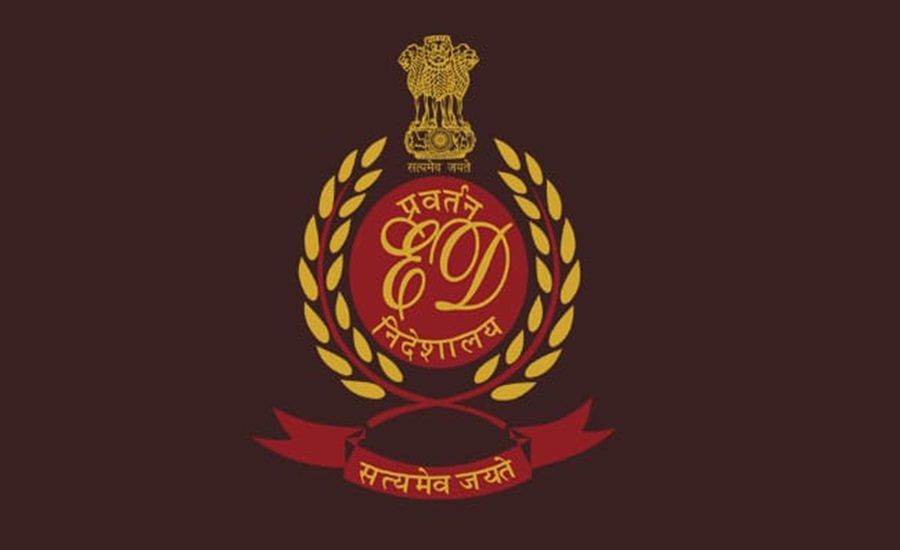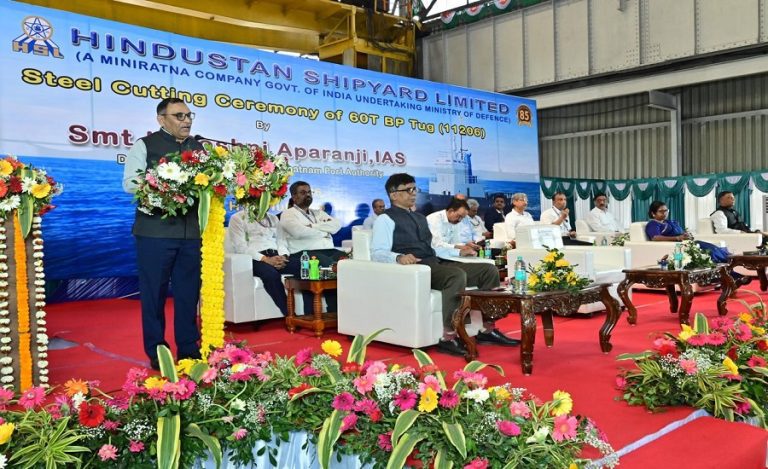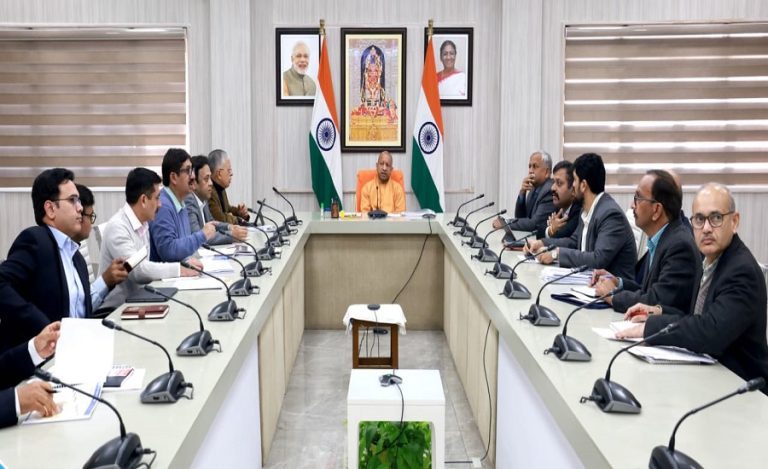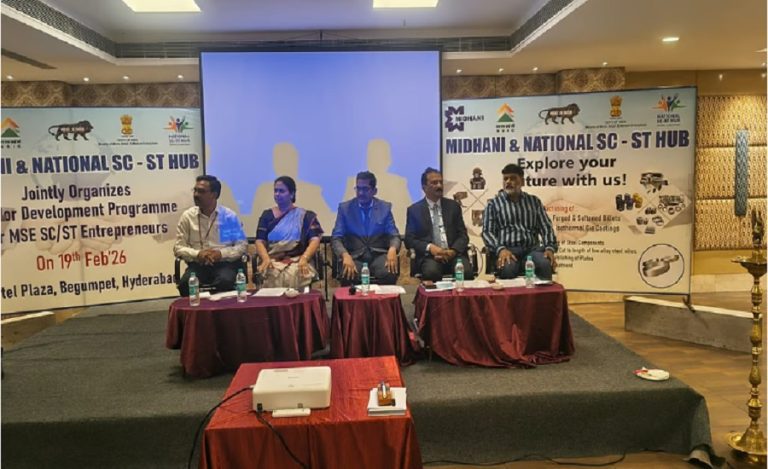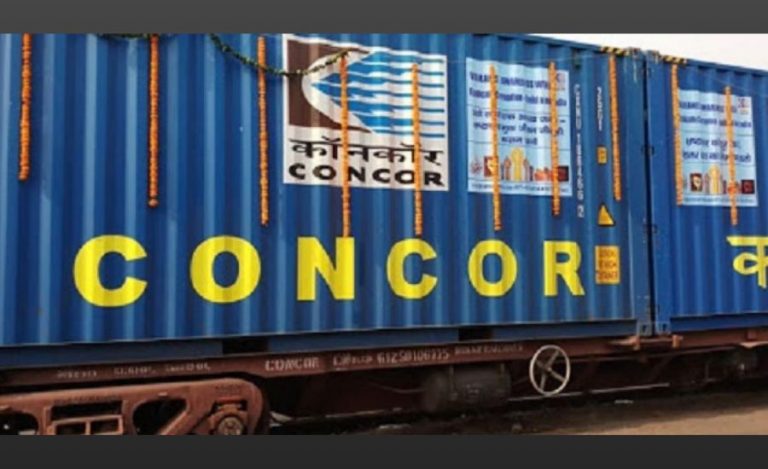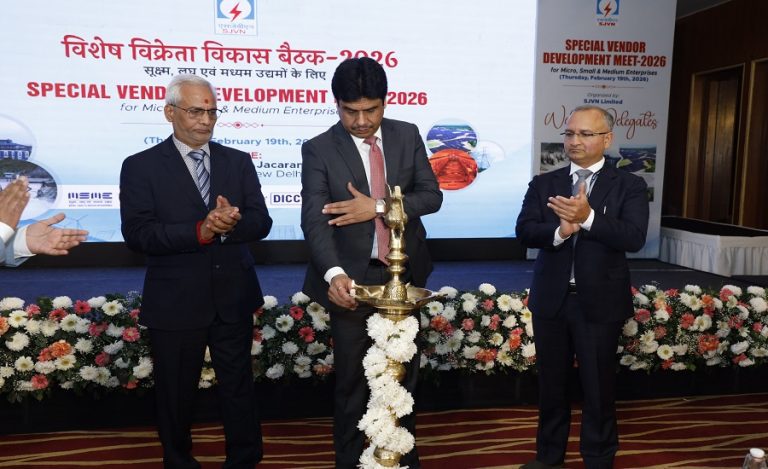Mumbai: The Enforcement Directorate (ED) has alleged that a former civic chief of Vasai-Virar, along with three others, misused administrative powers to execute a high-value fraud involving illegal constructions. The case, under the Prevention of Money Laundering Act (PMLA), is linked to unauthorized residential-cum-commercial projects built on both government and private land under the jurisdiction of the Vasai-Virar City Municipal Corporation (VVCMC).
ED Highlights Misuse of Power and Fraudulent Network
The ED told a special court in Mumbai that the accused orchestrated a “deliberate and calculated misuse of administrative powers and financial systems” to perpetrate the fraud. The agency noted that hawala and angadia channels were used to launder proceeds of crime, not only within Maharashtra but also across other states.
The four accused include former IAS officer and VVCMC chief Anil Pawar (2014 Batch, Maharashtra Cadre), town planner Y Shiva Reddy, and real estate developers Sitaram Gupta and Arun Gupta. They were arrested on August 13 and remained in ED custody until August 20, after which they were remanded to 14-day judicial custody by Special PMLA Judge Raju Rote.
Illegal Buildings and Public Losses
According to the probe agency, the fraud involved the construction of 41 illegal buildings on land reserved for sewage treatment plants and dumping grounds in Vasai-Virar. The developers allegedly fabricated approval documents, sold residential apartments and commercial units, and deceived citizens despite knowing the structures were unauthorized and slated for demolition.
The ED stressed that the act not only caused wrongful loss to the public but also undermined the integrity of authorities meant to serve people.
Cartel of Officials and Builders Under Lens
Investigations revealed a “sophisticated fraud by a well-knitted cartel” of officials, architects, builders, and liaisoners. The ED argued before the court that the accused possessed the means and motive to obstruct the probe, tamper with evidence, and influence key witnesses.
The agency also highlighted that the proceeds of crime were routed through interstate and cross-border channels, with cash funneled back into relatives’ bank accounts and projected as legitimate income. A well-organised mechanism was allegedly in place to channel these illicit funds, the ED submitted.
Judicial Custody to Safeguard Investigation
While the ED did not seek further remand, it insisted that judicial custody was essential to protect the integrity of the ongoing investigation. The court agreed, citing the scale of the fraud and the potential of the accused to influence witnesses or manipulate systems.
Also Read: ₹23.46 Crore Scam: Enforcement Directorate Indicts Former IFS Officer in an APWCFC Embezzlement Case

